The first incarnation of the massively-popular Dungeons & Dragons actual play podcast The Adventure Zone has come to an end. Maybe more than any other pop cultural phenomena in recent memory, the series has drawn listeners to the power and charm of tabletop roleplaying, encouraging new and old players to give the 5th edition of D&D a shot. But what happens when the reality doesn’t live up to the fantasy? As a lapsed roleplayer myself, I decided to try D&D late last year, assembling a group of veteran and novice roleplayers to tell a story of magical intrigue. We had a blast, but only because we—like the McElroy family—played fast and loose with the rules.
As the dungeon master, I found myself tweaking things on the fly to make the game run more smoothly. This was especially true when it came to conflicts—a huge proportion of D&D’s ruleset is devoted to the mechanics of combat, which is disappointing considering that the stock action isn’t all that exciting. It was hard enough to get a group of adults with difficult schedules in one place on a regular basis, and none of us wanted to spend our time together trying and failing to hit the same orc over and over.
Luckily, D&D is far from the only game in town these days. Whether you’re interested in intensely detailed combat, a more flowing narrative, or a game that can be played over a session rather than a campaign, there’s a title for you. In assembling this list, I stuck to games that at least loosely approximate D&D in its focus on heroic characters, a fantastical vaguely-medieval world, and the traditional arrangement of one dungeon master and several players.
1. Dungeon World
One of the biggest indie roleplaying games in the last decade, Dungeon World exemplifies the “story games” approach, running on the “Powered by the Apocalypse” system created by Vincent Baker for his groundbreaking Apocalypse World. Like that game, Dungeon World pairs the rules to the narrative in a way that can take a little getting used to but ends up feeling smooth and natural. There’s a general set of “moves” that encompass most actions a player could want to take, and the game encourages you to talk in terms of narrative, with the corresponding move then used to determine results. Speaking of which, Dungeon World is big on keeping things moving—regardless of whether a particular die roll fails or succeeds, something interesting will come out of it.
2. 13th Age
Developed by designers of third and fourth edition D&D, 13th Age combines mechanical elements of these older iterations with a more fleshed-out narrative system focusing on characters’ allegiances to various “Icons.” In its adherence to traditional D20-based systems it can be a little fiddly for some, but if you want D&D with a modern storytelling twist, it might just be right for you.
3. Burning Wheel
It’s been around since 2002, and since then Burning Wheel has garnered awards and acclaim for its approach to the genre. The game uses a simple D6-based system and, like Dungeon World, wants to keep things moving even when the dice come up snake eyes. There’s a big focus here on the concept of “beliefs,” core values that players develop for their characters which the GM can then put to the test during play. And if you’re into the basic system but want something a little more adorable, check out the licensed Mouse Guard RPG.
4. Beyond the Wall and Other Adventures
Billed as a “zero-prep” RPG, Beyond the Wall is designed to let you play through a fantasy adventure in a single evening. It uses some of the rules elements of early editions of D&D but is extremely easy to get into for novice roleplayers, and focuses on the simple narrative of a group of childhood friends setting off on their first adventure. The character playbooks include not only stats and abilities, but connections to the other player characters and their hometown, meaning that newer roleplayers can jump right in with ready motivations and biographies without having to generate them whole cloth.
5. Torchbearer
If you’re overwhelmingly drawn towards the first half of D&D’s title, then check out Torchbearer. Another Burning Wheel Headquarters joint, Torchbearer is grimmer than modern D&D and shares its forerunner’s focus on exploring ancient ruins, labyrinthine dungeons, and foul caverns. The players start off desperate—but if they can survive their quests, they’ll grow into true heroes.
Article Plucked from: https://www.pastemagazine.com/articles/2017/09/5-tabletop-rpg-alternatives-to-dungeons-dragons.html
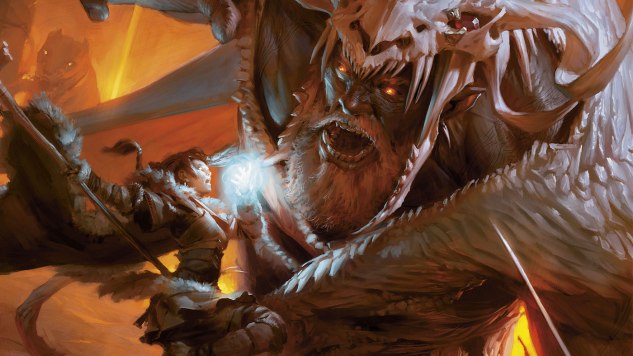
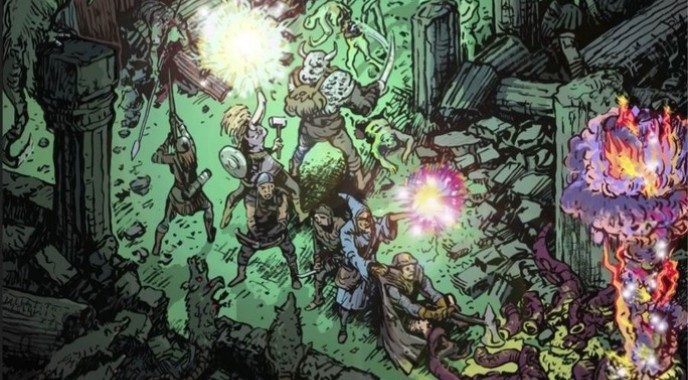
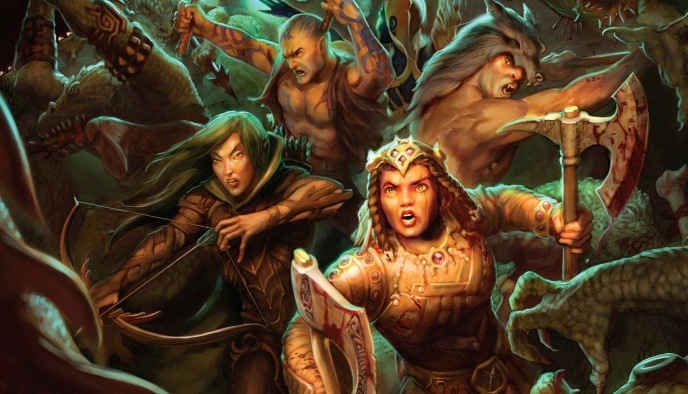
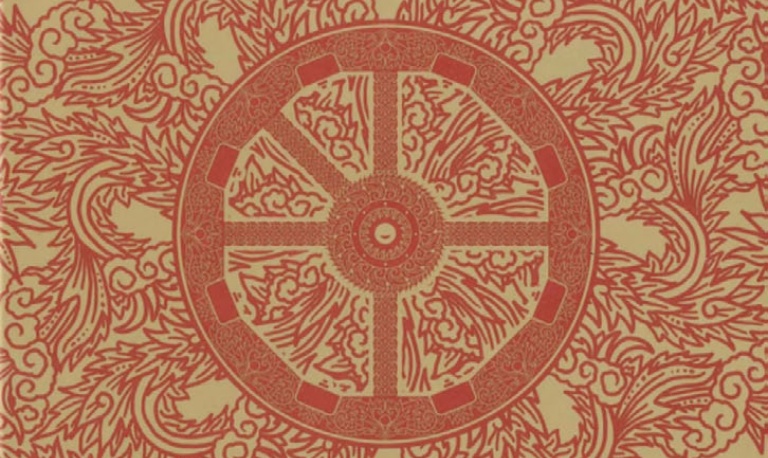
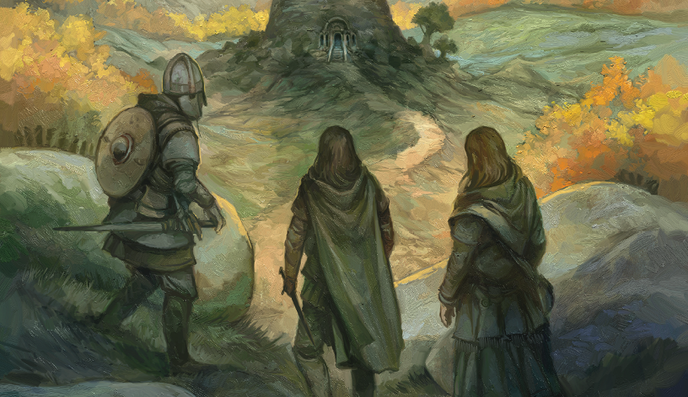
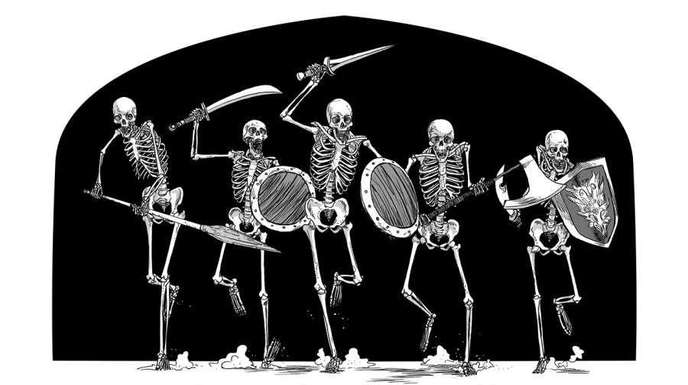
Great article Nexeh, these sound like interesting options to your popular RPG’s.